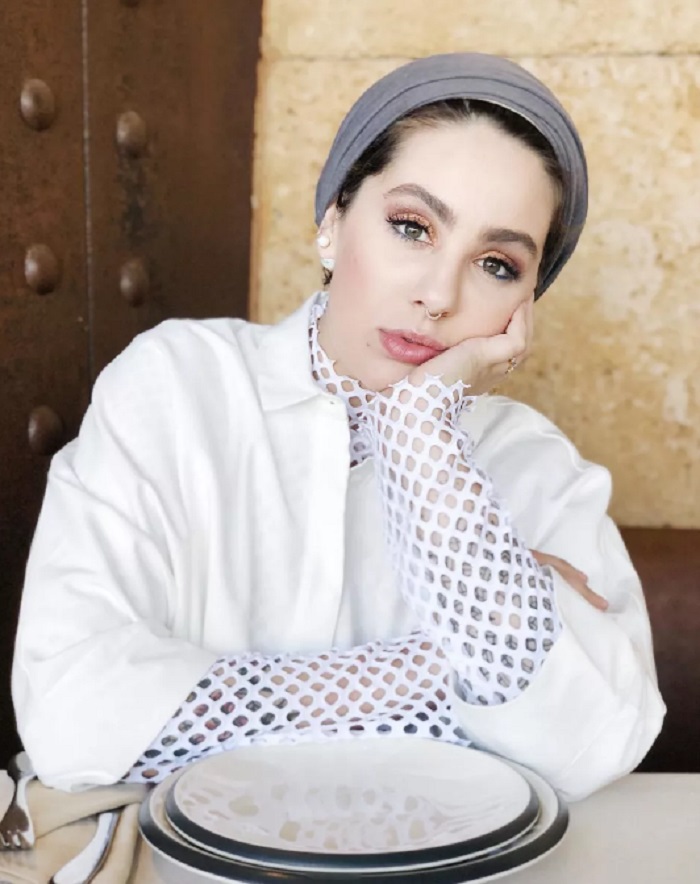Ascia AKF Talks Modest Fashion, Navigating Islam As A Top Influencer In Global World
/Ascia Al Faraj, also known as Ascia AKF, is a leader of the pack of influencers promoting modest fashion with a streetwear edge. Writing for Fashionista, Whitney Bauck talks frankly with Ascia about redefining Muslim fashion, how K-beauty changed her life and what the West doesn't understand about Arab women.
With 2.3 million followers on Instagram, Faraj strikes "the coveted perfect balance between aspirational and relatable" writes Bauck. She is a true global citizen, raised by a Kuwaiti father and American mother. Signing on to her original blog 'The Hybrids', we meet the message 'Let's talk eating disorders', confirming that Faraj is willing to deal with complex topics head-on.
In what is an excellent interview and not a hits-generating puff piece, Bauck and Faraj explore serious questions, including a common one about covering your head as a Muslim woman. AOC has written about modest fashion, hijabs and burqas for years, and we learned some new facts in their exchange.
How did you start covering your head, and when? I noticed your mom doesn't cover hers.
Explaining that her father's side is "quite religious" and that she was trying to understand her own place within Islam and "the confines of religion", Faraj "covered". Her mother didn't speak to her "because she had been fighting so long to keep me doing what I wanted to do without having to worry about the confines of culture or religion."
Note that many younger Muslim women don't understand that their mothers and grandmothers living in the Arab world often dressed like Western women in the 70s and 80s.
Faraj's experiment with "covering" made her miserable, causing her to reject the practice.But her father explained that she had now made a divine decision, explaining "Well, it's kind of a contract between you and God. Once you have it on you're really not supposed to take it off."
In response, Faraj was like, "Okay, I'm going to wear it the way I want to wear it." The way that I have it on now I feel that it's more cultural than it is religious. To show just how introspective Faraj is about the messages she sends as a role model, she tells Fashionista:
I try to stay away from calling it a hijab, because I feel like there are women that represent the hijab a lot better than I do. Hijab means a lot of different things to a lot of different people, but within the Gulf region, once you wear a hijab, there are certain parts of your body that need to be constantly covered, including your neck, ears and wrists. Because I don't fall into that, I don't feel it would be proper for me to call it that.
Read on: Meet Ascia Al Faraj, The Kuwaiti Influencer Bringing A Streetwear Edge to Modest Fashion

